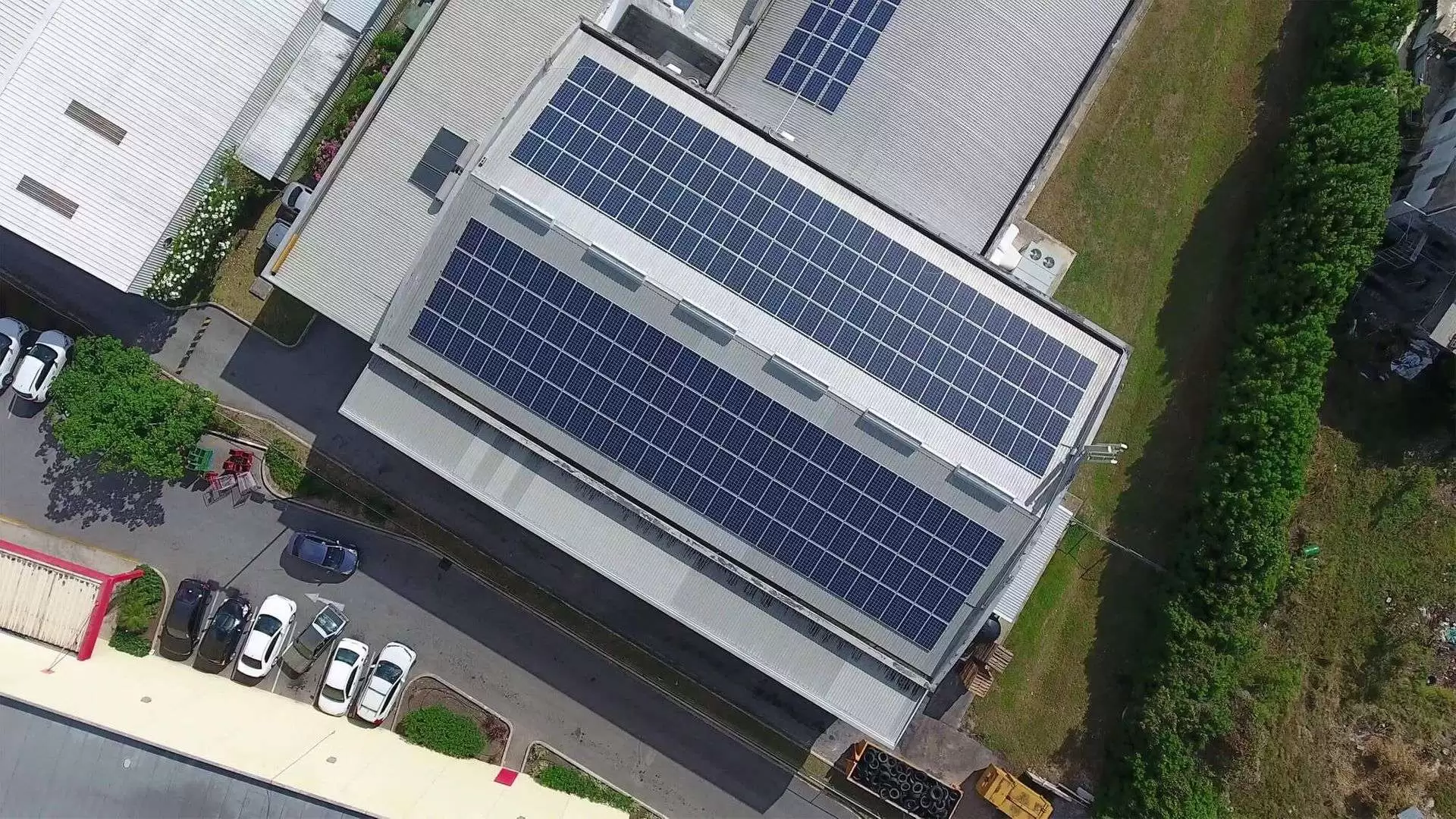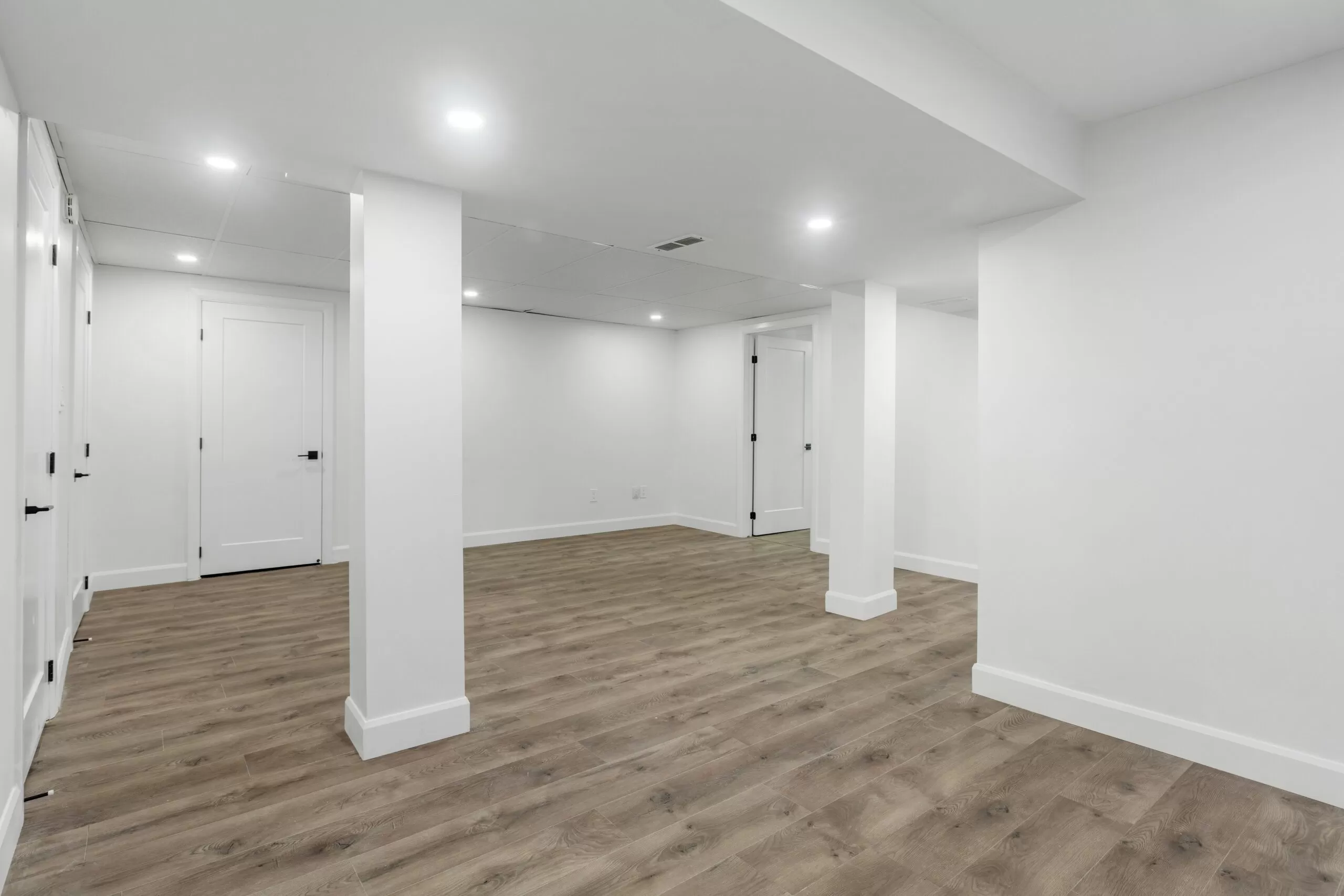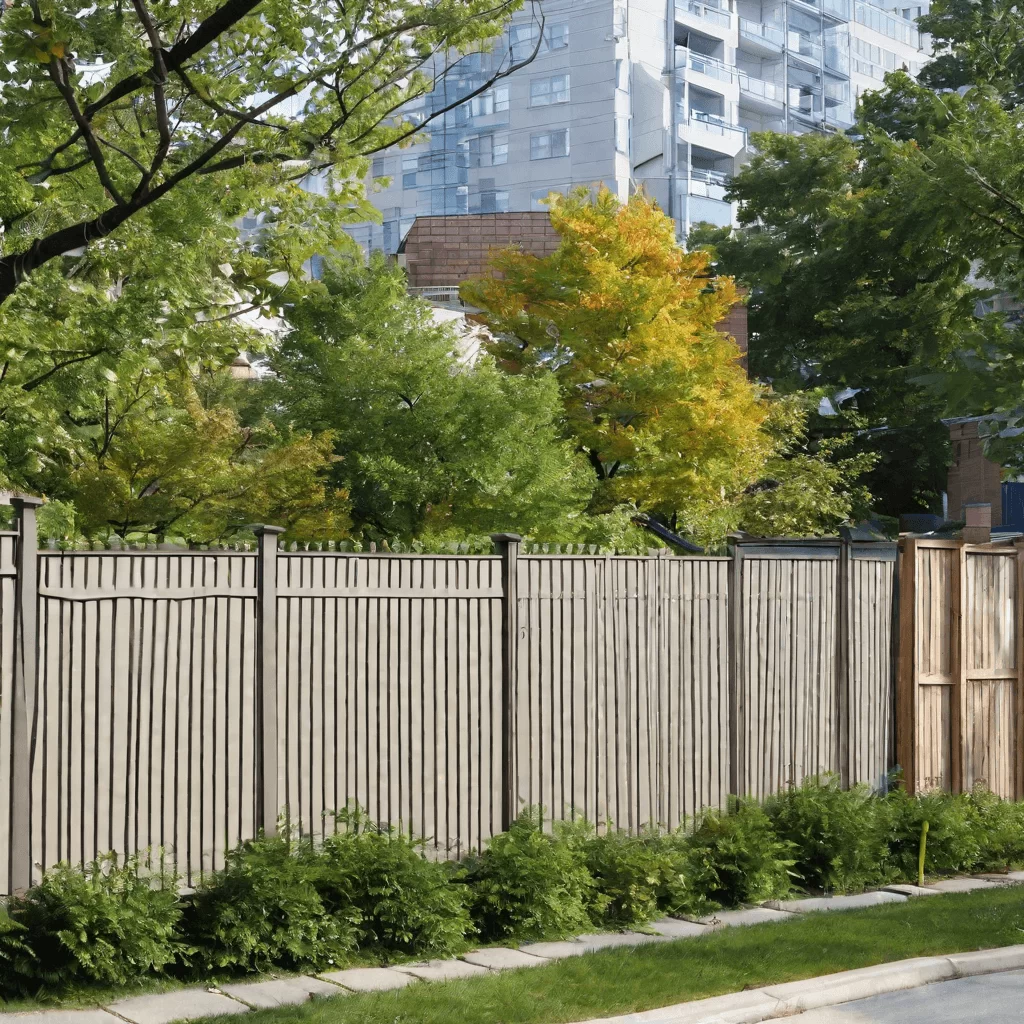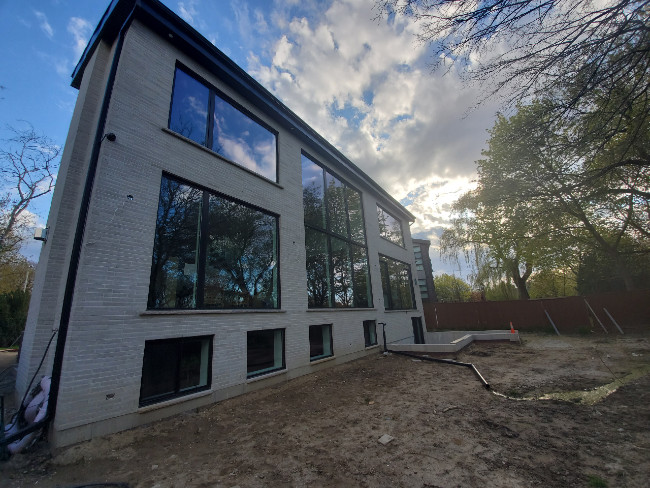You may have heard about or even hired structural engineers at some point, especially when building or buying a home and evaluating its structural integrity. These professionals offer crucial information that will help you decide on purchasing a house or repairing any glaring problems in your home’s structure that can compromise your safety. However, many people underestimate their importance, hiring them only once or twice in their lifetime.
Residential structural engineers know how to study a house and its foundation, beams, columns, framing, and other components, giving valuable insight into its structural soundness. They’re usually hired when the property owner needs to clarify a building’s structural integrity. Here’s what you need to know about a structural engineer inspection and why you need to schedule one every so often:
What is a Structural Engineer Inspection?
A structural engineer inspection is often a visual inspection carried out by a structural engineer to determine a home’s structural soundness. The engineer can analyze the entire structure or examine a specific element, depending on the request.
They are commonly called when you find cracks in your foundation, settlement, or walls. They can also identify the cause of a bowing foundation. Additionally, a residential structural engineer can inspect if you plan to add solar panels to your roof or add a second or third story to your home. It’s important to note that these inspections differ from regular home inspections, which survey your HVAC system, interior plumbing, electrical systems, and other components.
Why Should You Hire a Structural Engineer?
Structural engineers can be compared to medical specialists. For instance, when your general physician suspects that you may be grappling with a severe issue, such as a life-threatening tumour, they will refer you to a reputable neurosurgeon.
The same goes for your home’s structure; if your home inspector finds a significant problem, they’ll recommend you to hire a residential structural engineer to assess the problem in your home’s “bones” and determine the most efficient way to solve it.
When Should You Schedule a Structural Engineer Inspection?
If you plan to buy or sell a home, you’ll want to ensure that everything is in good working condition to ensure that the property is safe, whether you or someone else will be living in it. It will apprise you of any issues that require further inspection and solutions, such as repair work, before closing a deal on the house or even putting it on the market. When you know of these problems ahead of time, you’ll reduce the risk of it worsening, especially if you or the buyer has officially moved into the home.
A structural engineer inspection will also inform you of any structural movement, ceiling, or wall cracks. A well-built home shouldn’t display any settlement beyond a few tiny cracks in the slab foundation, which are typical and expected. However, if you find sloping floors and settlement cracks in the walls or ceiling, that may be a sign that the structure is outdated and wearing out. Whether you’ve recently finished a remodel and added more weight, moved to a home older than ten years, or experiencing settlement in general, it may be time to call an engineer to conduct a structural home inspection.
Conclusion
Structural engineer inspections can help you identify worrisome issues in your home and address them before they get worse. Repairing these problems is often incredibly expensive, and allowing them to progress can put you and your household at significant risk. With these inspections, you can save money and ensure that you and your family live in a safe, well-built home.
ASR Engineers is an engineering firm in Toronto specializing in the five major disciplines of engineering. Our home inspection engineers help homeowners and developers plan and build structures for residential and commercial use. Contact us today to schedule a structural home inspection!
















